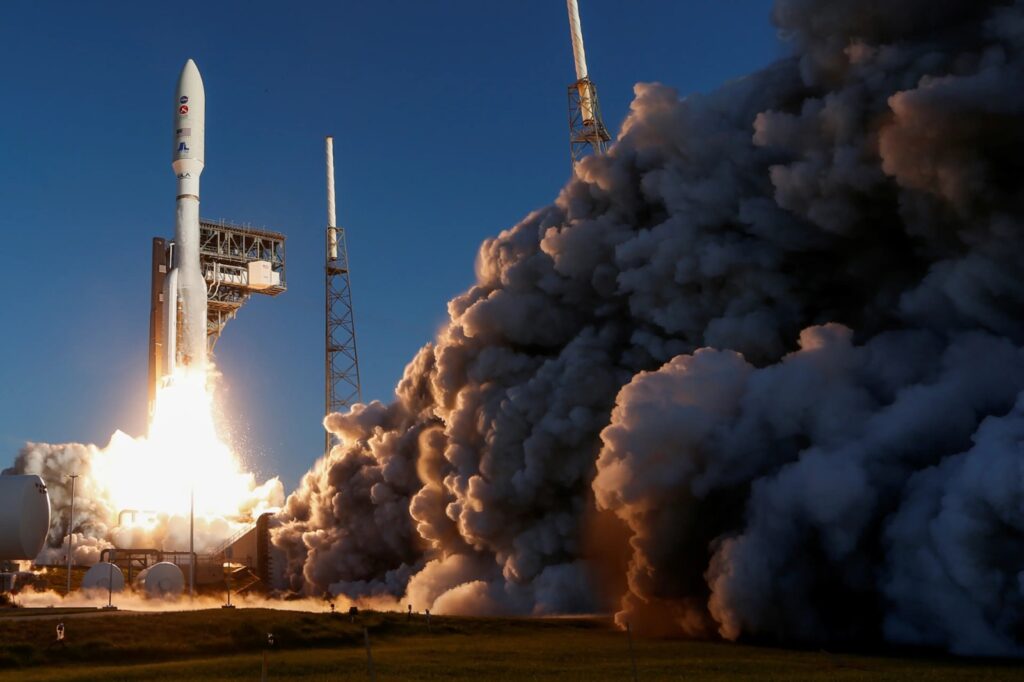Hot Jupiters and Their Unusual Orbits: Challenges to Planetary Formation Theories
A class of exoplanets, the so-called hot Jupiters, have masses like that of Jupiter but lie rather astonishingly close to their parent stars. Since they were discovered in the mid-1990s, these planets have fascinated astronomers. At distances as small as 0.01 astronomical units (AU), they orbit much closer than Mercury orbits the Sun, completing their […]
Hot Jupiters and Their Unusual Orbits: Challenges to Planetary Formation Theories Read More »



